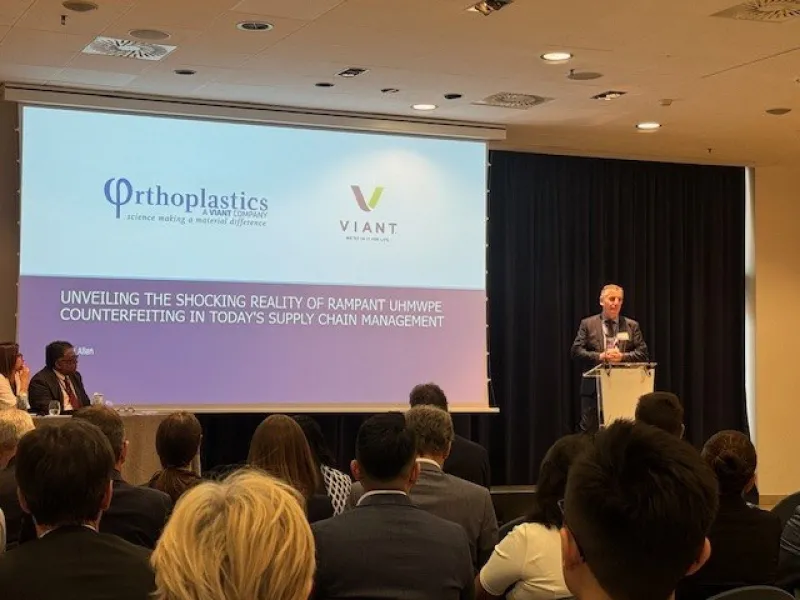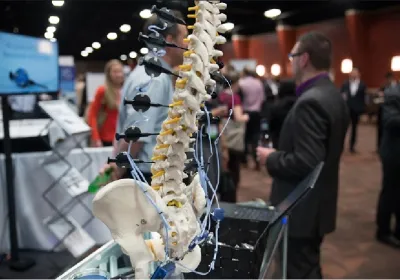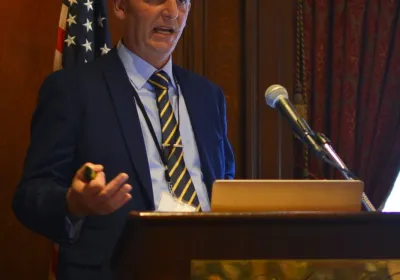
Unveiling the Shocking Reality of Rampant UHMWPE Counterfeiting
The orthopaedic sector is renowned for its stringent regulations and continuous product scrutiny. However, the growing concern about counterfeit materials threatens the integrity of supply chains and the safety of patients worldwide.
The Orthopaedic sector has never been a subject of discussion because of its unique position since the year 2000, with only one materials supplier and processors with extensive clinical history.
However, we are all familiar with the changing world and the daily evidence of unscrupulous companies and products in every market. It’s only a matter of time before we as an industry become victims, and patients are affected with life-changing consequences, such as failed surgeries, prolonged recovery periods and even permanent disabilities.
The alarming rise of counterfeit Ultra High Molecular Weight Polyethylene (UHMWPE) in the medical industry highlights the crucial need for vigilant supply chain management.
The Rise of Fake Materials
A limited number of materials suppliers and processors with extensive clinical history and credibility have long protected the orthopaedic world.
Nonetheless, the industry is not immune to the global increase in counterfeit activities, which could potentially lead to severe consequences for patients. Recent developments have shown that fraudulent activities are not just isolated incidents, they are becoming a widespread issue affecting global supply chains.
For over two decades, there have been instances of processors using counterfeit regulatory certifications and plagiarised documentation from legitimate companies. In some regions, ISO certifications, which are crucial for ensuring the quality and safety of materials, can be easily purchased online.
This ease of access to certifications, often without proper verification, is a significant loophole that fraudulent companies exploit, leading to the use of counterfeit materials in the industry.
Although these cases were once confined to specific geographic locations, the global expansion of companies means that such practices may now pose a worldwide risk.
Materials and Certification Fraud
In May 2023, Orthoplastics, obtained samples of the suspicious materials accompanied by the following documents:
- Materials certification
- ISO 13485 certification
- Resin test data
- Irradiation certificates
Subsequent verification with the regulatory body confirmed that the ISO 13485 certificate provided was indeed fraudulent.
Conclusion and Industry Implications
The prevalence of counterfeit UHMWPE in the market underscores the critical need for OEMs and regulators to enforce stricter supply chain oversight.
As an industry, regulatory compliance states that the OEM shall be responsible for supply chain management; we all have to be aware of fraudulent and unscrupulous companies that could destroy the reputation of legitimate materials and processors.
We urge all orthopaedic industry professionals to view our full findings through request. It is crucial that we all understand the severity of the issue and take necessary steps to enforce stricter supply chain oversight and caution against the use of counterfeit materials.
Go Back

